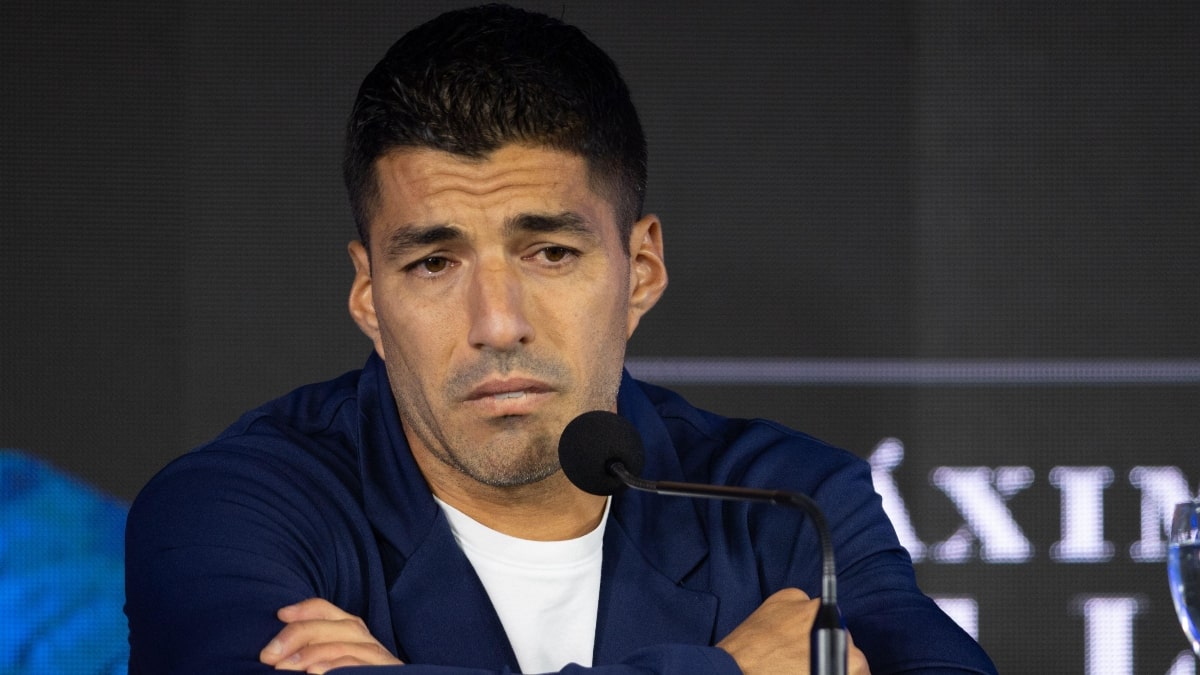A Farewell to International Football
Luis Suarez’s announcement of his retirement from international football on Tuesday marks the end of an era for Uruguayan football. Over the course of 17 years, Suarez has been the face of Uruguayan football, embodying both the highs and the lows of the sport. With 69 goals in 142 appearances, Suarez leaves behind a legacy that few can match.
As he continues his club career with Inter Miami in Major League Soccer (MLS), his influence on the game remains undeniable. From his humble beginnings in Salto, Uruguay, to becoming one of Europe’s most feared strikers, his career is a testament to perseverance, passion, and an unyielding commitment to his dreams.
Early Life: From Salto to Montevideo
Luis Suarez was born in Salto, Uruguay, a city that also produced another football star, Edinson Cavani. Born into a large family with limited financial resources, his early life was marked by hardship. His mother, Sandra, once recounted that they couldn’t even afford football boots for young Luis, a testament to the struggles they faced.
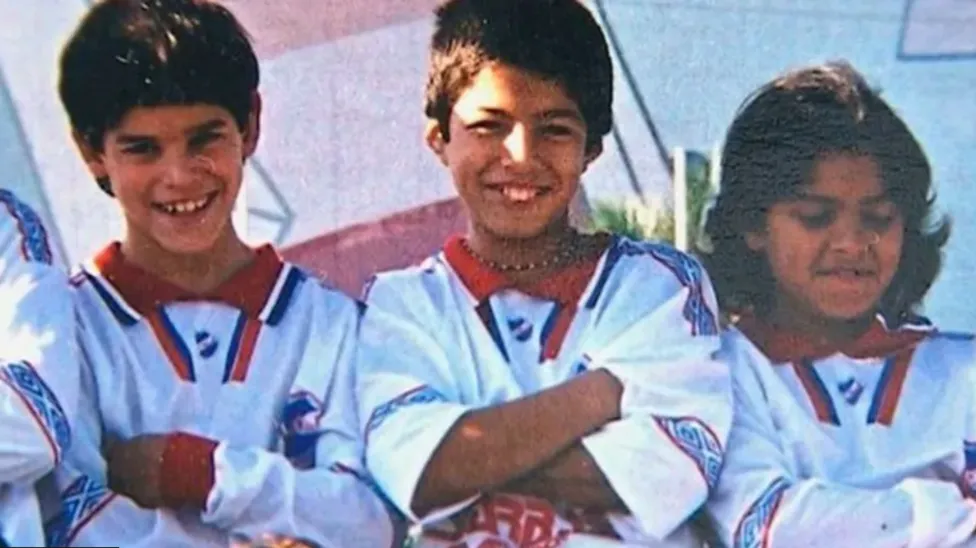
At the age of seven, he moved with his family to Montevideo, Uruguay’s capital. This move proved to be a turning point in his life. He began playing youth football at Urreta, and by the age of 14, he had joined the youth ranks of Nacional, one of Uruguay’s most prestigious clubs. Despite the challenges, his determination and raw talent shone through, eventually earning him a spot in Nacional’s first team.
The Breakthrough: Nacional and Beyond
Suarez’s journey with Nacional wasn’t without its difficulties. His debut came in May 2005 during a Copa Libertadores match against Junior of Colombia. However, his first goal didn’t come until four months later, and his initial performances were often met with jeers from the fans due to missed opportunities.
Despite these early setbacks, Suarez’s resilience never wavered. Under the guidance of Nacional’s then-manager, Martin Lasarte, Luis began to find his footing. Lasarte recalls a pivotal conversation with him after deciding to bench him for a match. Instead of sulking, he channeled his frustration into extra training sessions, determined to prove himself.
By the end of the season, Suarez had scored 10 goals in 27 matches, helping Nacional secure the Uruguayan title. His performances caught the attention of European scouts, and in 2006, Luis made the move to Groningen in the Dutch Eredivisie.
A European Journey: Groningen, Ajax, and Beyond
Suarez’s move to Europe was motivated by more than just professional ambition. His girlfriend, Sofia, had moved to Barcelona with her family, and Suarez was determined to be closer to her. This personal motivation fueled his drive to succeed in Europe.
At Groningen, Suarez scored 10 goals in 29 league appearances, a performance that earned him a move to Ajax in 2007 for £6.75 million. At Ajax, Luis truly came into his own. Over four seasons, he scored 111 goals in 159 appearances, establishing himself as one of Europe’s top strikers.
His success at Ajax led to a £22.7 million move to Liverpool in 2011. In the Premier League, Suarez’s goal-scoring exploits continued, and he quickly became a fan favorite at Anfield. His time at Liverpool was marked by both brilliance and controversy, but it was his move to Barcelona in 2014 that solidified his status as one of the world’s elite players.
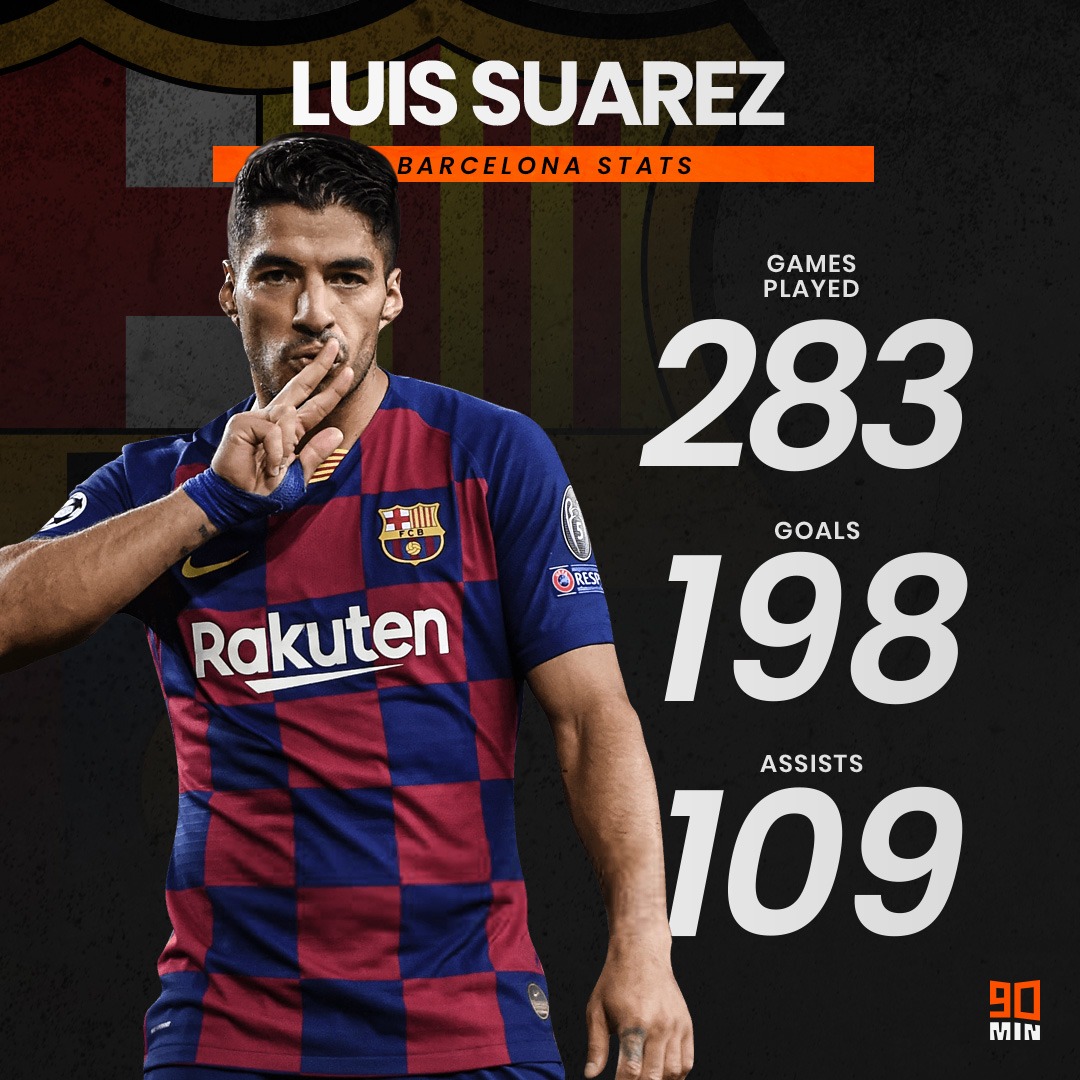
Triumphs and Controversies: The Dual Legacy of Suarez
Luis Suarez’s career has been a tale of two extremes. On one hand, he has won numerous titles, including six top-flight league titles, a UEFA Champions League trophy, and four Copa del Rey titles. On the other hand, his career has been marred by several high-profile controversies.
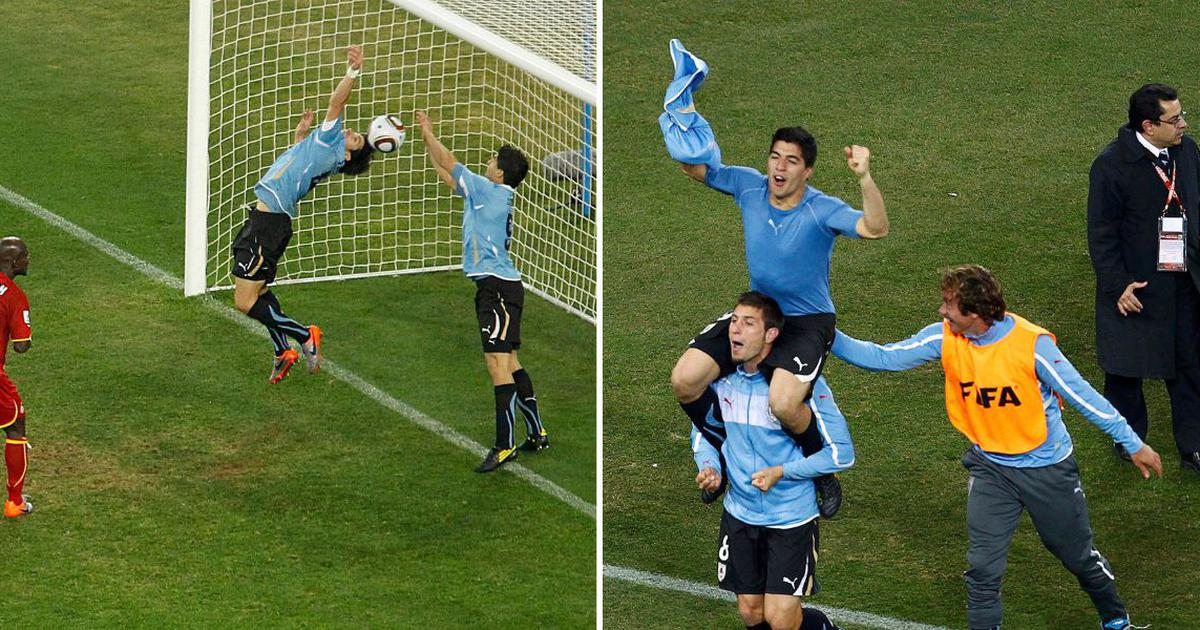
Suarez’s infamous handball against Ghana in the 2010 World Cup quarter-finals, which denied the African side a place in the semi-finals, remains one of the most contentious moments in football history. His career also includes three separate incidents of biting opponents, which led to significant bans, and an eight-match suspension for racially abusing Patrice Evra.
Despite these controversies, Suarez’s on-field achievements have overshadowed his missteps. His determination to succeed, even in the face of adversity, is what has made him one of the greatest strikers of his generation.
The Role of Family: Sofia’s Influence on Suarez’s Career
Throughout his career, Suarez has often spoken about the importance of his wife, Sofia, in his life. The two have been together since they were teenagers, and Sofia’s influence has been a constant source of support for Suarez.
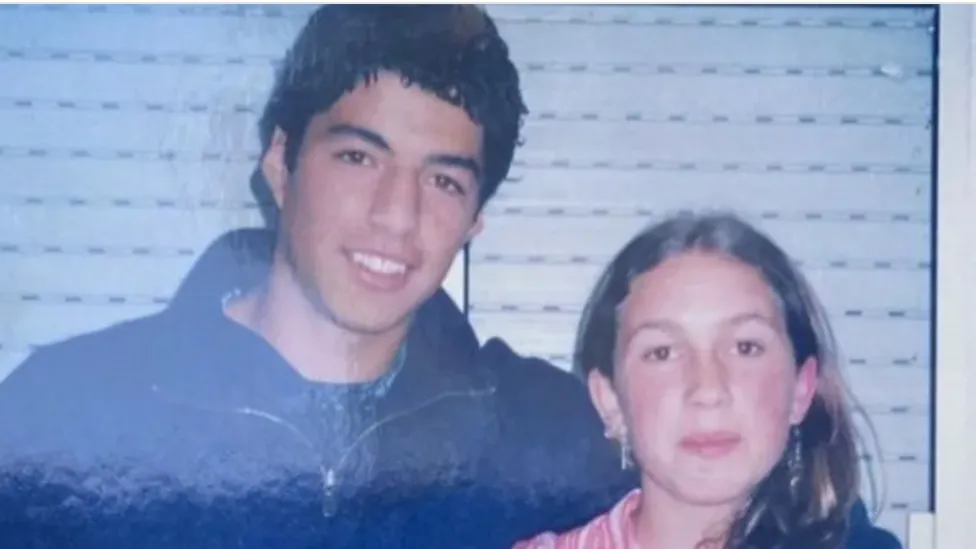
Whether it was during the lows of his career—such as the bans and suspensions—or the highs, including winning the Golden Boot in La Liga and the Champions League with Barcelona, Sofia has been by his side. Suarez’s determination to move to Europe was as much about being close to Sofia as it was about advancing his football career.
This deep personal connection has been a driving force behind his success. His love for Sofia and his desire to build a better life for their family has fueled his relentless pursuit of excellence on the pitch.
Conclusion: The Legacy of Luis Suarez
Luis Suarez’s retirement from international football marks the end of a chapter in a remarkable career. From his humble beginnings in Salto to becoming one of the most feared strikers in European football, his journey is a story of determination, resilience, and passion.
As he continues his career in MLS with Inter Miami, His legacy as one of the greatest strikers of his generation is secure. Despite the controversies, his achievements on the field and his relentless pursuit of his dreams have ensured that Luis will be remembered as a footballing icon for years to come.
ALSO READ:Luis Suarez Announces International Retirement: A Legendary Career Comes to an End


